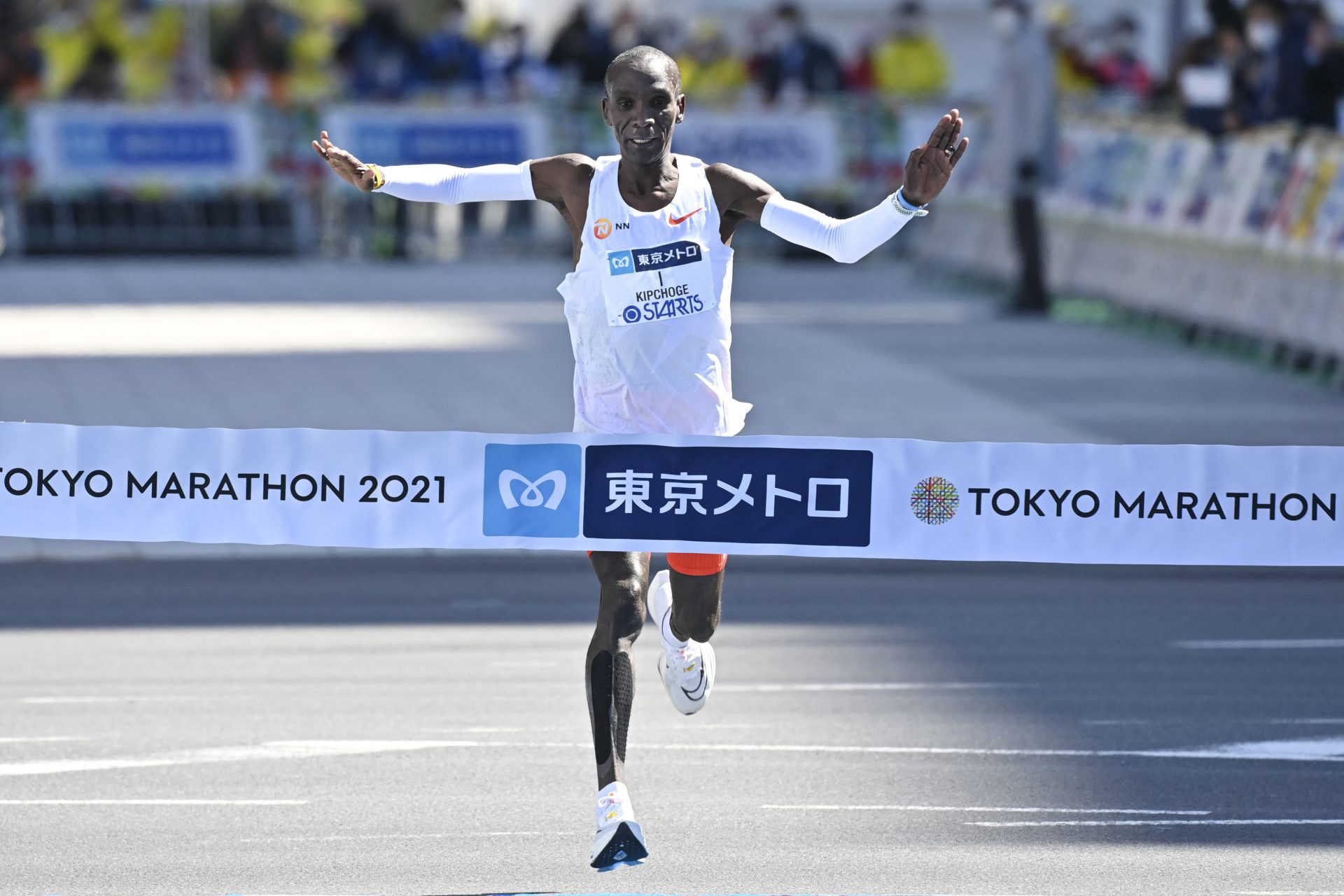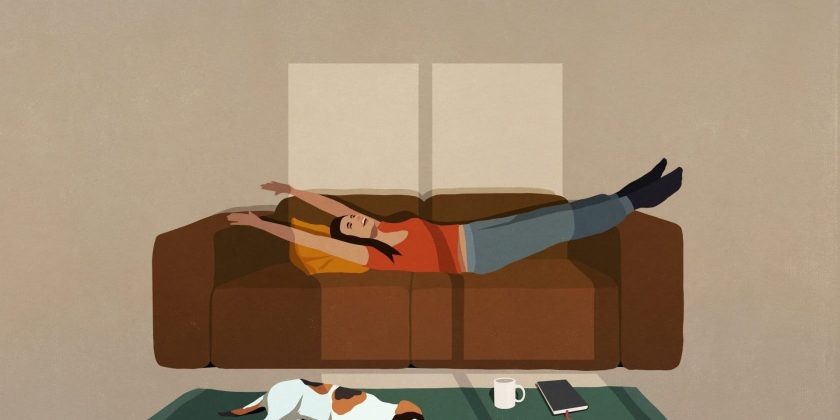If you think everyone needs eight hours’ kip, think again – research suggests that runners and other endurance athletes may need a little bit more time in bed than everyone else.
In recent months, there’s been a load of chat about the ideal length of time we should be sleeping. Too little sleep and you increase your risk of injury, lower your fitness and put your gut health at risk; too much shut-eye and there’s an equally negative impact on our wellbeing. In fact, we know that being static for long periods of time has a similar impact to a week of insomnia.
Finding the perfect amount of sleep is a Goldilocks-like mission. Even if you want to sleep for longer, you often wake up before you intend to.
You may also like
How to reduce DOMS: drinking coffee after your workout may help you to recover quicker, scientists find
If you’re a runner, however, persisting with getting enough sleep is worth the effort. That’s according to the first study to look at how extending sleep time can improve endurance performance. Published in the journal Medicine & Science In Sports & Exercise, scientists found that runners who extended their sleep time for 90 minutes for three days improved their performance by 3% in a 60-minute time trial.
The findings have led scientists to suggest that, if you want to run at your strongest, you may want to try sleeping for more than eight hours a night. In fact, the world’s current number one marathon runner, Eliud Kipchoge, has revealed how he sleeps for a grand total of 10 hours a day – eight hours at night, and two hours in daytime naps.

Clearly, Kipchoge trains like nobody else and is able to spend a long time sleeping – his whole life is centred on running and recovering from running. The rest of us? Well, we squeeze in a 5K before being glued to our desks for nine hours, we run to work or we head out for a jog in the dark, once our kids have finally been put to bed.
Sleeping 30% more can boost your performance and mood
Yet the science does back this idea of sleeping more for better performance. In the study, athletes were put through a series of endurance tests before having their sleep manipulated. They were first allowed to sleep for their usual 6.5 to 7 hours, then they had their sleep extended by 30% for up to 8.5 hours a night. Then, they saw their sleep cut right back to just under five hours.
After just two days of under-sleeping, they experienced a 3% decline in performance. But after three nights of extra sleep, they experienced a 3% increase in endurance output. It’s interesting to note that the time trial felt hard regardless of how much or little the athletes slept, but that their mood, attention and reaction times all improved with more sleep.
You may also like
How to sleep in a heatwave: science says to drink this hot drink before bed in hot weather
The authors conclude that getting more sleep makes it easier to go further or faster without feeling like you’re doing more work, “by altering the perceived exertion of a given exercise intensity”.
But what if you don’t have more time to spend snoozing?
Now, clearly, it’s not possible for many of us to lounge in bed for over eight hours a night. Even if you set yourself a late alarm, the chances are you’ll wake up at your usual time anyway. But if you are planning a long run, going for a Parkrun PB or running into work, it’s worth trying to carve out nine hours the night before to spend time in bed relaxing.
You may not drift off to sleep straight away but aiming to be in bed by 9pm one or two nights a week, for example, may help to calm the mind enough to ensure that the time you do spend asleep is put to good use. It might also give you the permission you need to spend your lunchtime napping if you work from home.
Oh, and it’s also a good excuse if you can’t be arsed with schlepping to Parkrun for 9am on a Saturday and going out later instead after you’ve caught up on some much needed shut-eye.
Images: Getty
Source: Read Full Article
